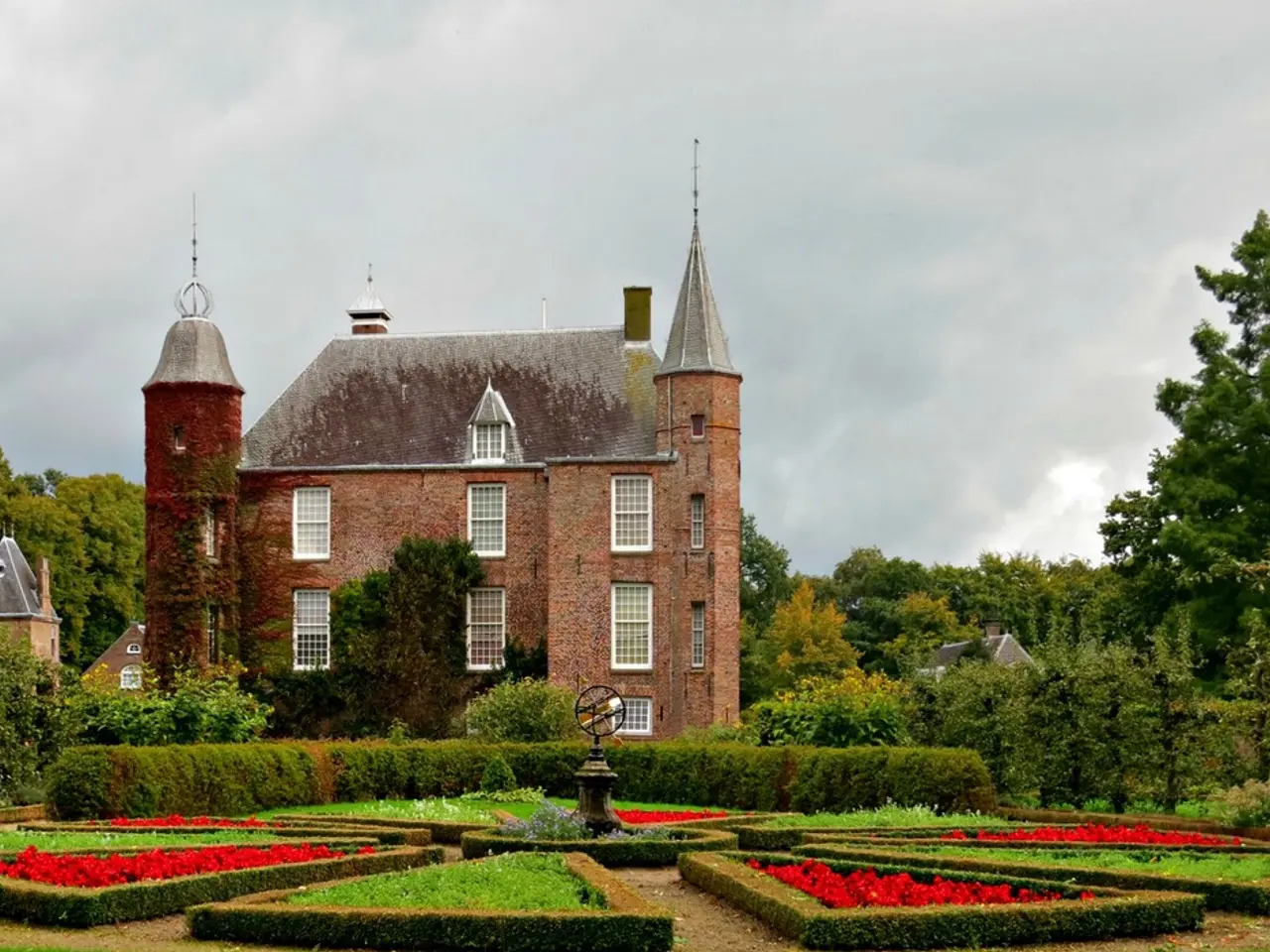Life's midpoint: the bittersweet era of maturity
Exploring the Changing Concept of Middle Age
The term "middle age" has undergone a significant transformation over the years, with its origins rooted in the historical period known as the Middle Ages. Originally, this term referred to a "middle" era in the continuum of history, spanning roughly from the 5th to the 15th century CE in European history.
However, in modern times, "middle age" has evolved to denote a social and demographic concept describing the middle period of an individual's lifespan, typically spanning from around age 40 to 65. This contemporary understanding encompasses biological, social, and cultural factors such as physical aging, career stages, and family roles.
Generational Shifts in Middle Age
For the millennial generation, born roughly between 1981 and 1996, the ideas and experiences of middle age have significantly changed due to social and economic shifts. Millennials are the first generation in modern Western history to face economic challenges such as the Great Recession (2007–09), which disrupted traditional milestones like home ownership and financial stability that defined middle age for previous generations like the Baby Boomers.
Millennials are also considered the first "digital generation," highly adaptable to technological changes, which influences lifestyles and social connections through middle age. As a result, millennials tend to experience delayed transitions into traditional middle-age markers (career stability, marriage, parenthood) due to economic and social shifts.
Compared to earlier generations, millennials are more educated, more diverse, and tend to hold more liberal political and social views, changing the cultural meaning and expectations around middle age.
The Evolving Definition of Middle Age
The perception of middle age is not only influenced by generational shifts but also by broader social changes impacting generational identity. These factors continuously shape what middle age signifies in terms of roles, responsibilities, and identity for different cohorts.
For instance, historian Dr Eliza Filby argues that the concept of middle age is not biological and is entirely constructed. Some people, such as billionaires Peter Thiel, Jeff Bezos, and Mark Zuckerberg, are interested in "biohacking," attempting to increase their natural lifespan through technology and chemistry.
In popular culture, films like "Call Me By Your Name," "Before Midnight," and the Oscar-winning "Sideways" portray characters grappling with the realities and regrets of middle age, reflecting the complexities and nuances of this life stage.
Conclusion
In conclusion, the concept of "middle age" began as a historical descriptor of a period in European history but now primarily refers to a life stage whose social and cultural meaning varies by generation. Millennials encounter an altered concept of middle age shaped by economic uncertainty, technological change, and evolving social norms compared to previous generations. As we continue to navigate the complexities of modern life, the definition of middle age will likely continue to evolve, reflecting the ever-changing landscape of our society.
Read also:
- Hospital's Enhancement of Outpatient Services Alleviates Emergency Department Strain
- Increased Chikungunya infections in UK travelers prompt mosquito bite caution
- Kazakhstan's Deputy Prime Minister holds discussions on the prevailing circumstances in Almaty
- Monitoring Mosquito-Carried Ailments like West Nile Virus, Chikungunya, and Dengue Fever Throughout Europe





